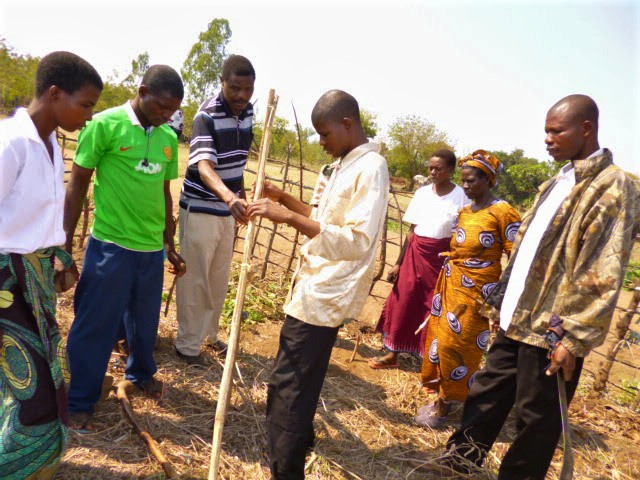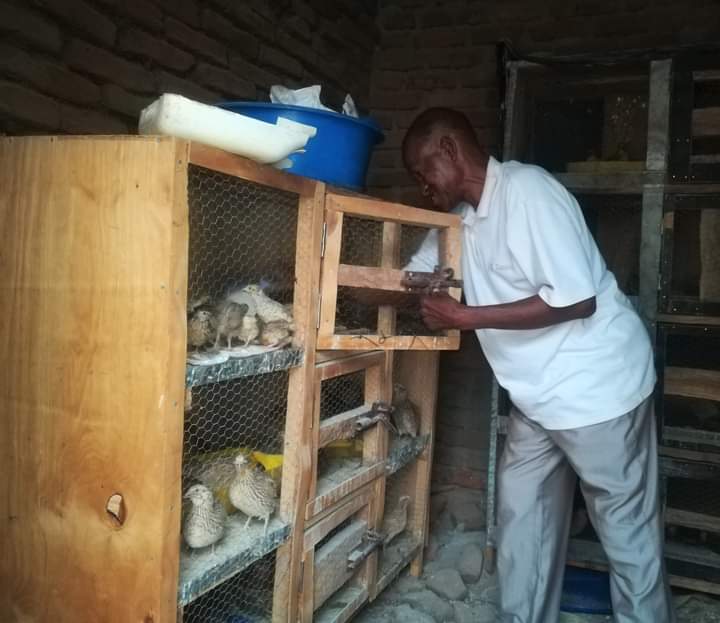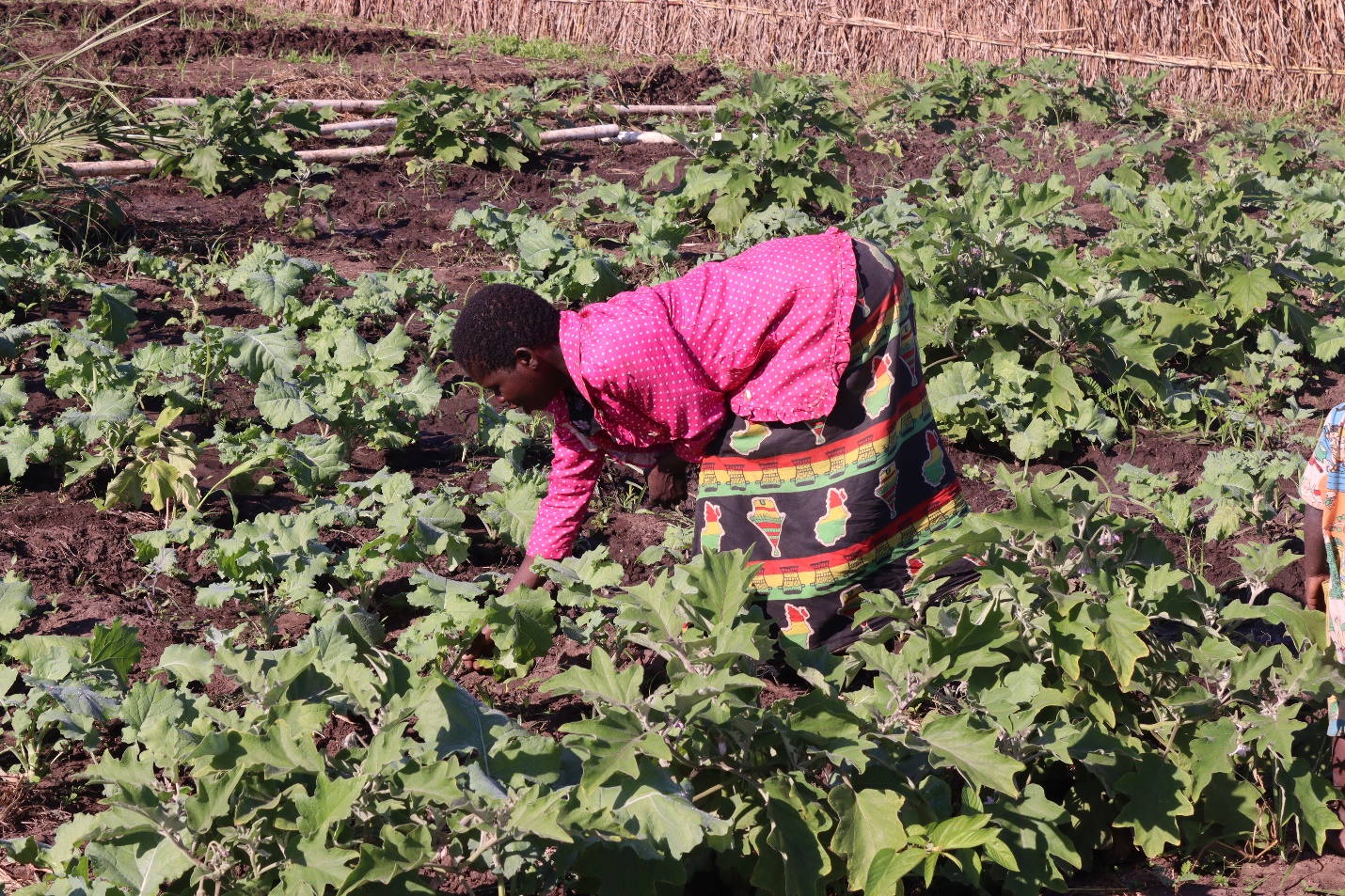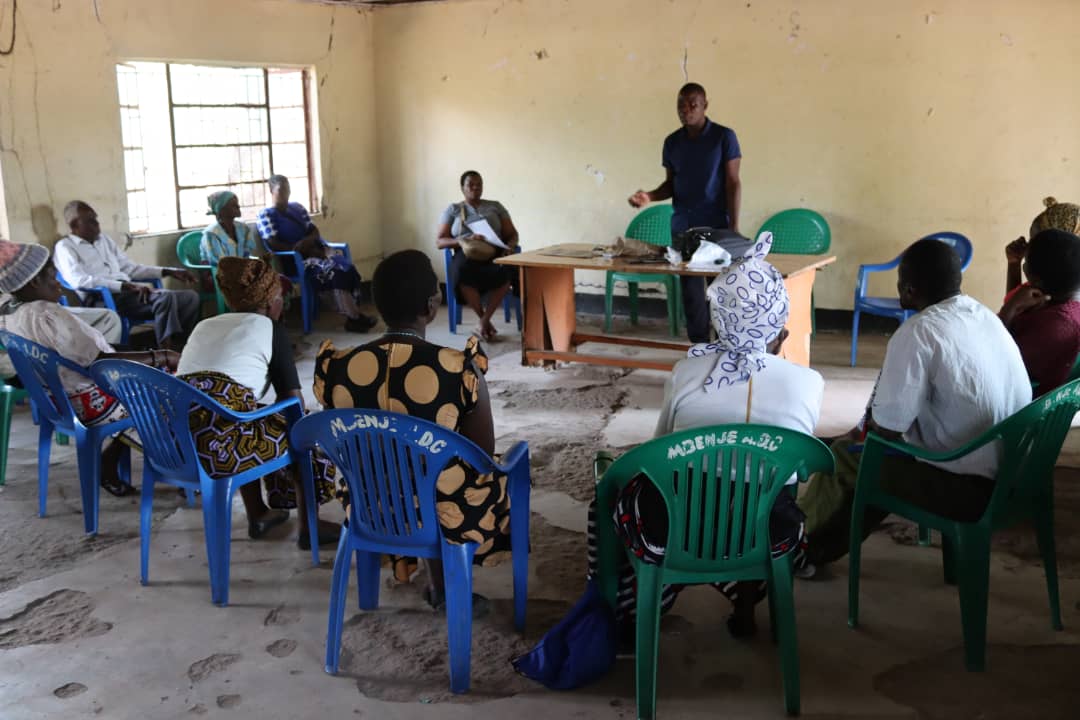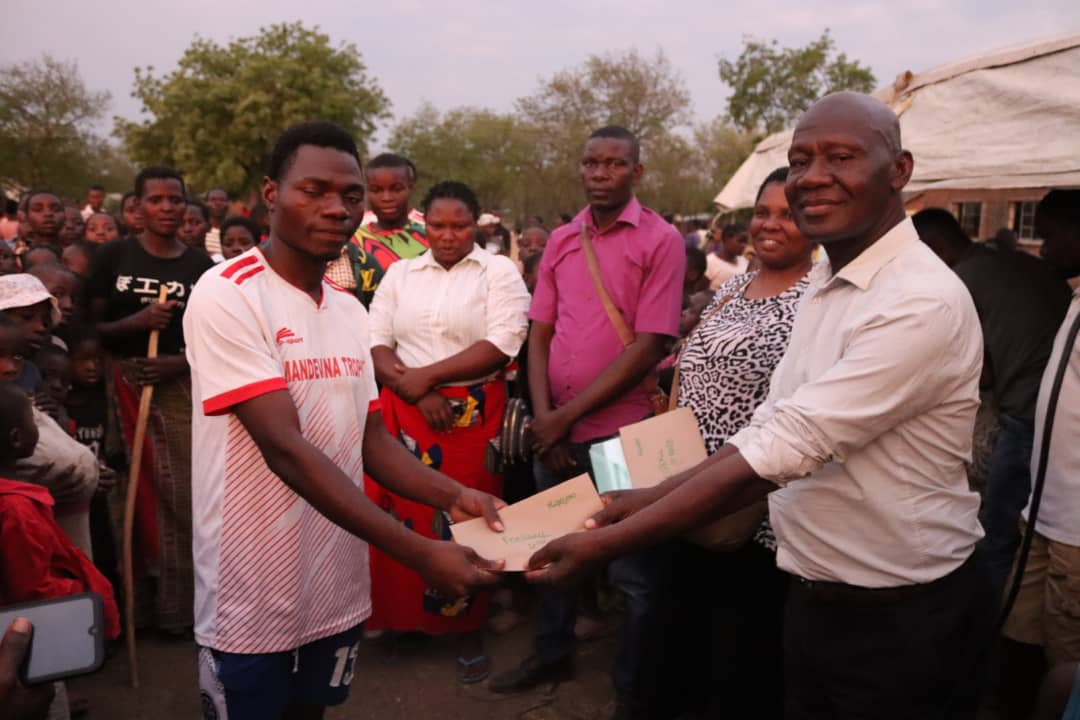Agricultural Extension Delivery: The Missing Link to Unlocking Malawi’s Farming Potential
by: Chikondi Frank Phuzo - 04|08|2025
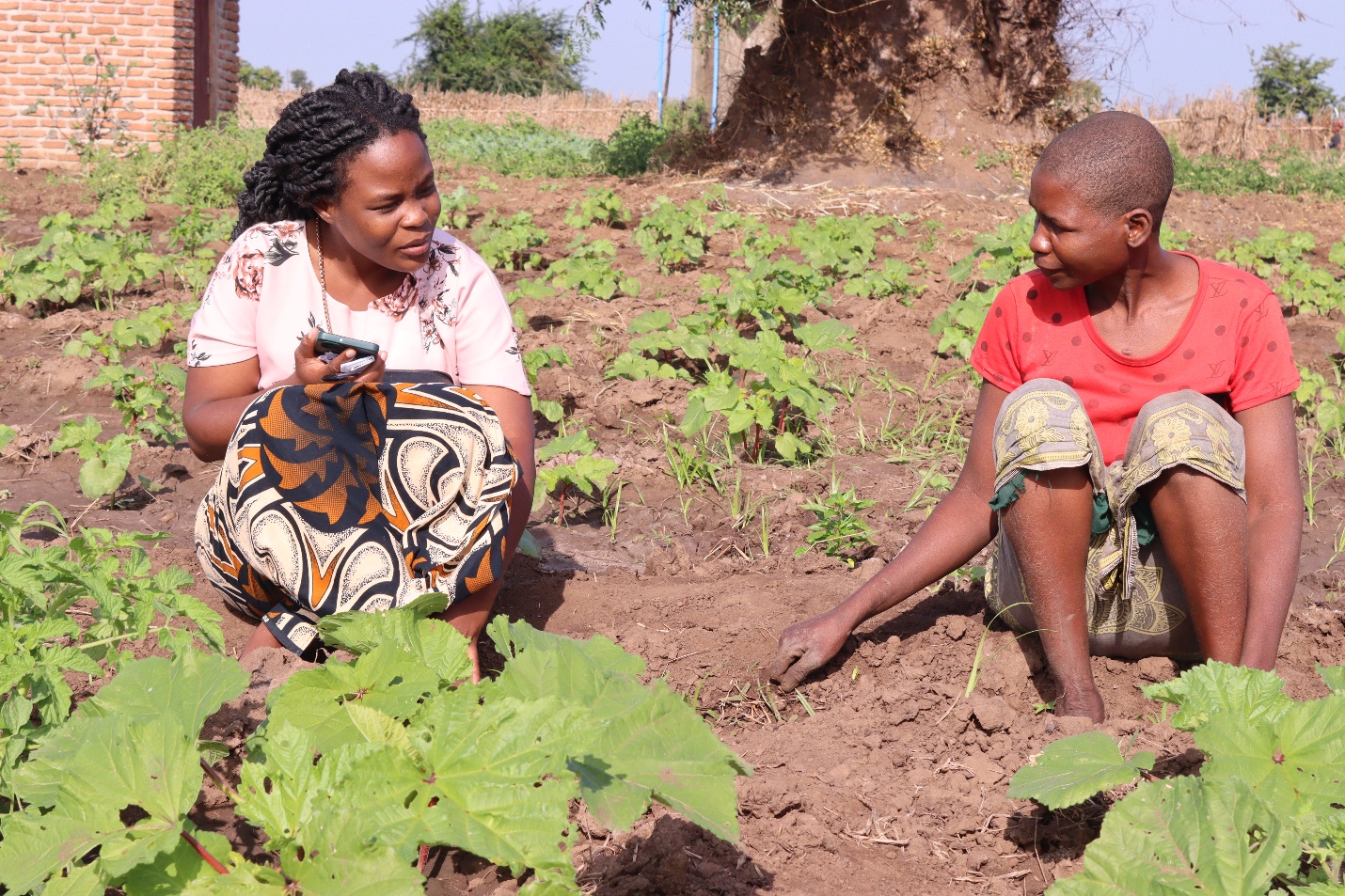
Gaka FM journalist, LUANAR Intern Pemphero Mzigala, providing agricultural extension services to a local farmer
As Malawi strives toward its ambitious development agenda outlined in Vision 2063, agricultural experts warn that without a radical transformation in agricultural extension service delivery, dreams of productivity, commercialization, and eventual industrialization will remain distant aspirations.
In an interview with Gaka Online, renowned agricultural expert Leonard Chimwaza argued that agricultural extension services are not just support tools: they are the engine driving productivity and commercialization in Malawi's agricultural sector.
“Empowering farmers with the right knowledge is non-negotiable. Extension services only succeed when farmers are aware, informed, and able to demand tailored support,” Chimwaza stressed.
He emphasized that the failure to invest in knowledge dissemination and capacity building severely limits farmers' access to critical services, creating a vicious cycle of low yields and missed market opportunities.
Chimwaza called for a multi-sectoral, tech-driven approach to deliver extension services, particularly through ICT tools and mass media platforms like community radio.
“We cannot talk about modernizing agriculture when our farmers are left behind in terms of information. The knowledge gap is the real productivity gap,” he warned.
This argument aligns with Malawi Vision 2063’s Pillar One, which prioritizes agricultural commercialization. However, without strong extension frameworks, this vision risks becoming yet another well-intentioned but underachieved policy.
On the ground, the picture is even more alarming. Francis Mvula, Agricultural Officer for Chikwawa District, shed light on the structural challenges crippling extension delivery in rural areas. “Poor housing for staff, lack of transport, and outdated training methods have rendered our extension services ineffective,” he lamented.
Mvula pointed to a critical mismatch between demand and capacity. “One extension worker is supposed to support 750 farmers, but in reality, they are assigned up to 3,000. This is not just inefficient, it’s a recipe for failure,” he stated.
Both experts agree that if Malawi is serious about transforming agriculture, investments must be redirected toward strengthening extension services, leveraging modern communication tools, and recruiting and training more extension officers.
